On Black Out Tuesday, also known as 2 June 2020, influencers, brands and individuals posted a black square on their Instagram feeds in solidarity with the Black Lives Matter movement. The idea was to disrupt ‘business as usual’ and spread the word about the racism black people suffer on a daily basis, which has recently come to the fore after the brutal murder of George Floyd and subsequent protests.
Who started Black Out Tuesday?
As with all social media movements it can be hard to pin down exactly where it all began, although I’m sure it will become clearer in the next few days. A tweet from musician Kehlani attributes the movement to Jamila Thomas and Brianna Agyemang who started #TheShowMustBePaused asking the music industry to stop and reflect.
It's possible that the original purpose of the movement has been lost. The idea might have been to encourage non-black people to not post the usual things they would have posted on Instagram, so that black voices could be heard, or to amplify the voices of black people. But now everyone feels afraid to say anything, afraid to share their experiences, direct people to valuable resources, even afraid of being called out for not posting a black square in case they are seen as racist.
Some could argue that posting a black square is making more of a statement about you, making yourself the centre of the conversation, when actually you should be listening to the voices of black people who can tell you what would really make a difference.
Why isn’t it enough?
While showing solidarity with the Black Lives Matter movement is a well-meaning gesture, and the sea of black squares on Instagram sent a powerful message, if you’re just going to go back to business as usual on 3 June, it’s a little meaningless.
Similar to the clap for carers initiative (where it turned out that while many NHS workers appreciated the gesture, they actually prioritised being paid more and having the correct protective gear) – what real change does posting a black square make, when black people all over the world are being brutally murdered?
Once you’ve posted your black square if you choose to do so, take some time to think about your own prejudices and actions. Do you pay your black staff less than their non-black counterparts? Can you afford to make a charitable donation to one of the many anti-racism charities around the world? What does your diversity and inclusion policy look like? Have you taken some time to read or watch content that will give you a better idea of what it’s like to be a black person in your country?
If you are not black, Imagine that you’re a black person opening up Instagram, in the midst of a global pandemic where black people are disproportionately affected. You see the same people who have paid you less that your white counterparts year after year, levelled microaggressions and racist slurs at you in the office or online, and consistently ignored black voices for decades, posting about Black Out Tuesday.
Wouldn’t you feel that a black square wasn’t really enough?
What should you do as well as posting?
If you don’t think you know enough about racism and what it really means, now might be the time to educate yourself by reading, watching and listening. There are plenty of resources out there, and charities who would be more than grateful for donations. But it’s also OK to take time to reflect; you don’t have to perform for anyone on social media.
READ MORE: Here Are The Anti-Racism Charities You Can Support Around The UK And US
What shouldn’t you do?
There are lots of calls for people to not use the #BlackLivesMatter hashtag in their posts, as it clogs up the hashtag where valuable resources are being posted. So if you are posting, maybe write out Black Lives Matter rather than using the hashtag. You can also help by putting resources or articles on the topic in the link in your bio and directing people to it, or putting a list of black people who are sharing their stories in your caption so people can follow them.
Don’t be tempted to ask your black friends or colleagues to explain what’s going on to you, or ask them what you should be doing. While many will seem just fine on the surface, they’re probably not. Seeing graphic images and videos of people who look like them being murdered all over the internet, dealing with the effects of a global pandemic which might mean that they’re separated from friends and family, and the ever-present battle against racial prejudice they face every day is more than enough to be dealing with right now.
READ MORE: What To Watch To Educate Yourself About Racism
What to watch to educate yourself about racism
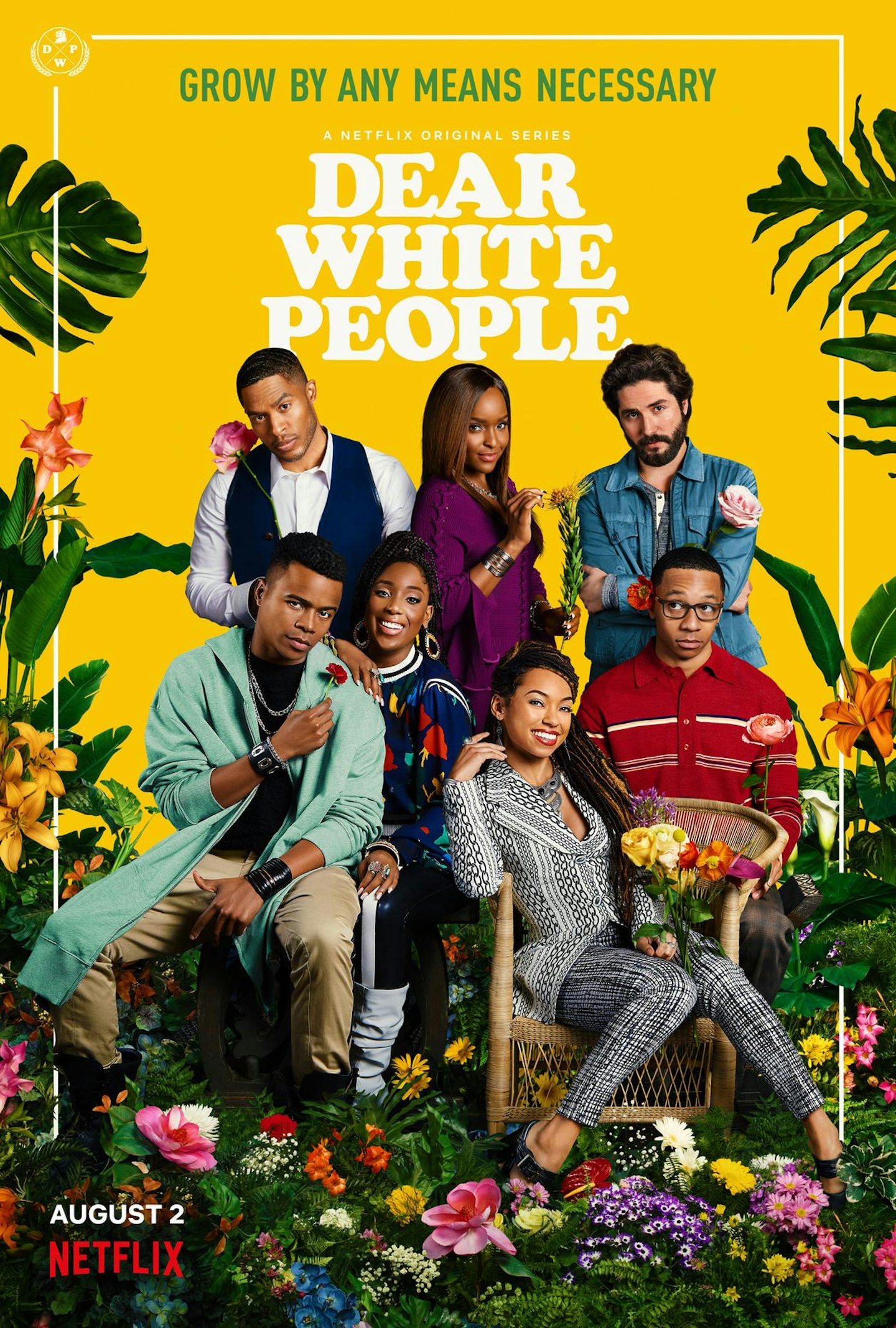 1 of 23
1 of 23Dear White People
A Netflix series following several Black college students at a largely white Ivy League school – based on the film of the same name (which can be rented on Amazon Prime).
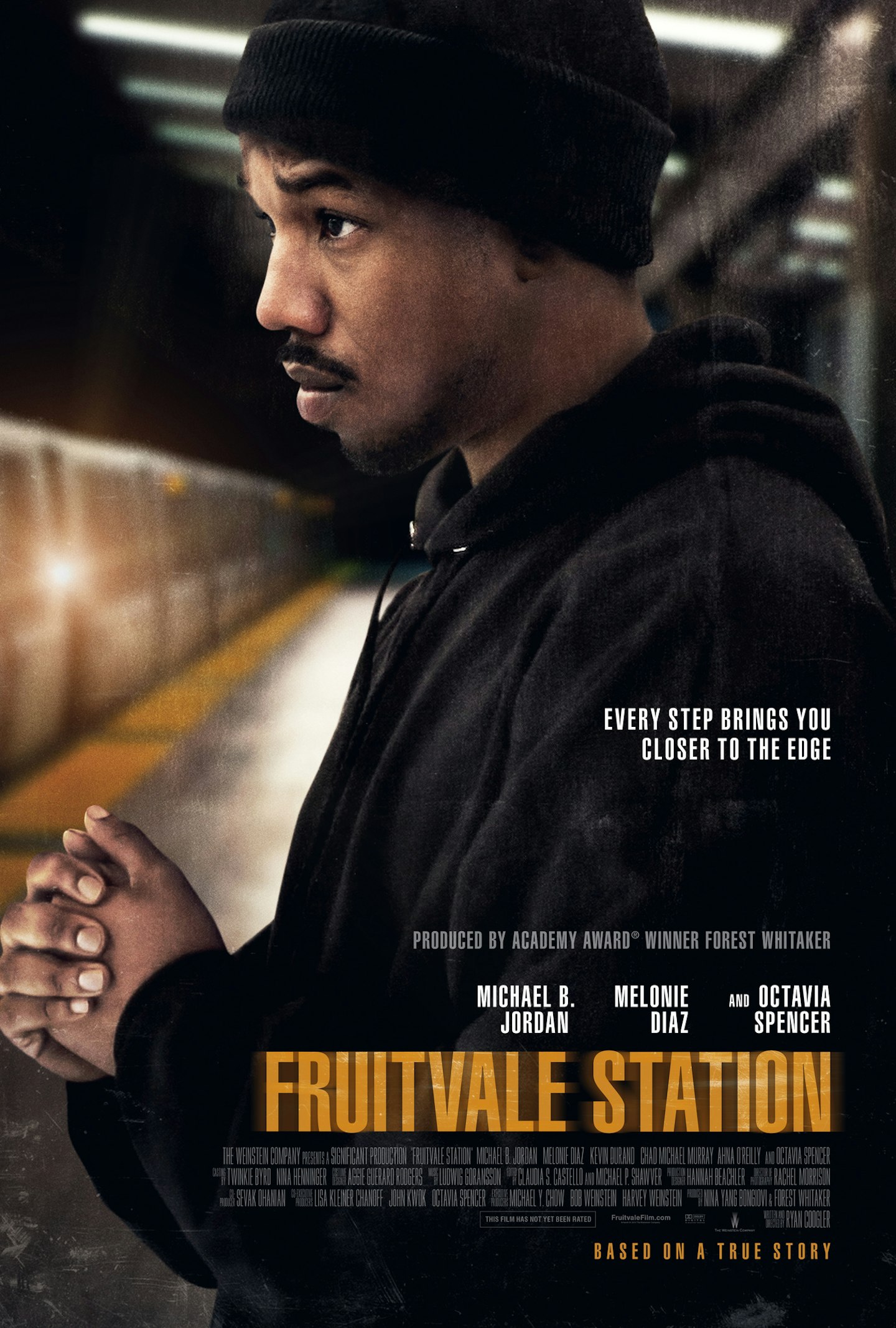 2 of 23
2 of 23Fruitvale Station
Michael B Jordan stars in this biographical film about the events leading to the death of Oscar Grant, who was killed in 2009 by a BART police officer, Johannes Mehserle. Available to watch on Netflix.
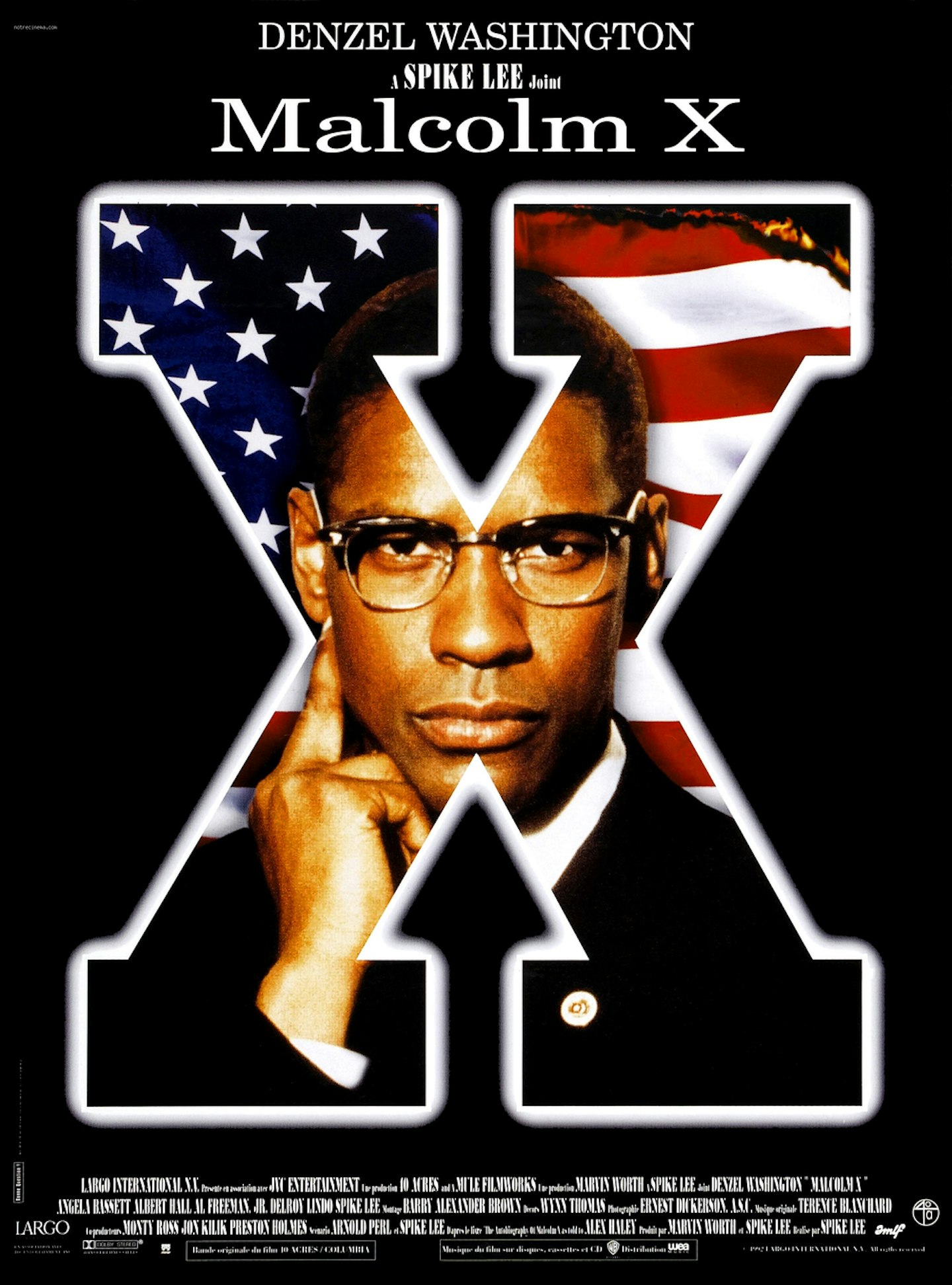 3 of 23
3 of 23Malcolm X
A biographical film of activist Malcolm X, directed and co-written by Spike Lee and starring Denzel Washington. Available to rent on Amazon.
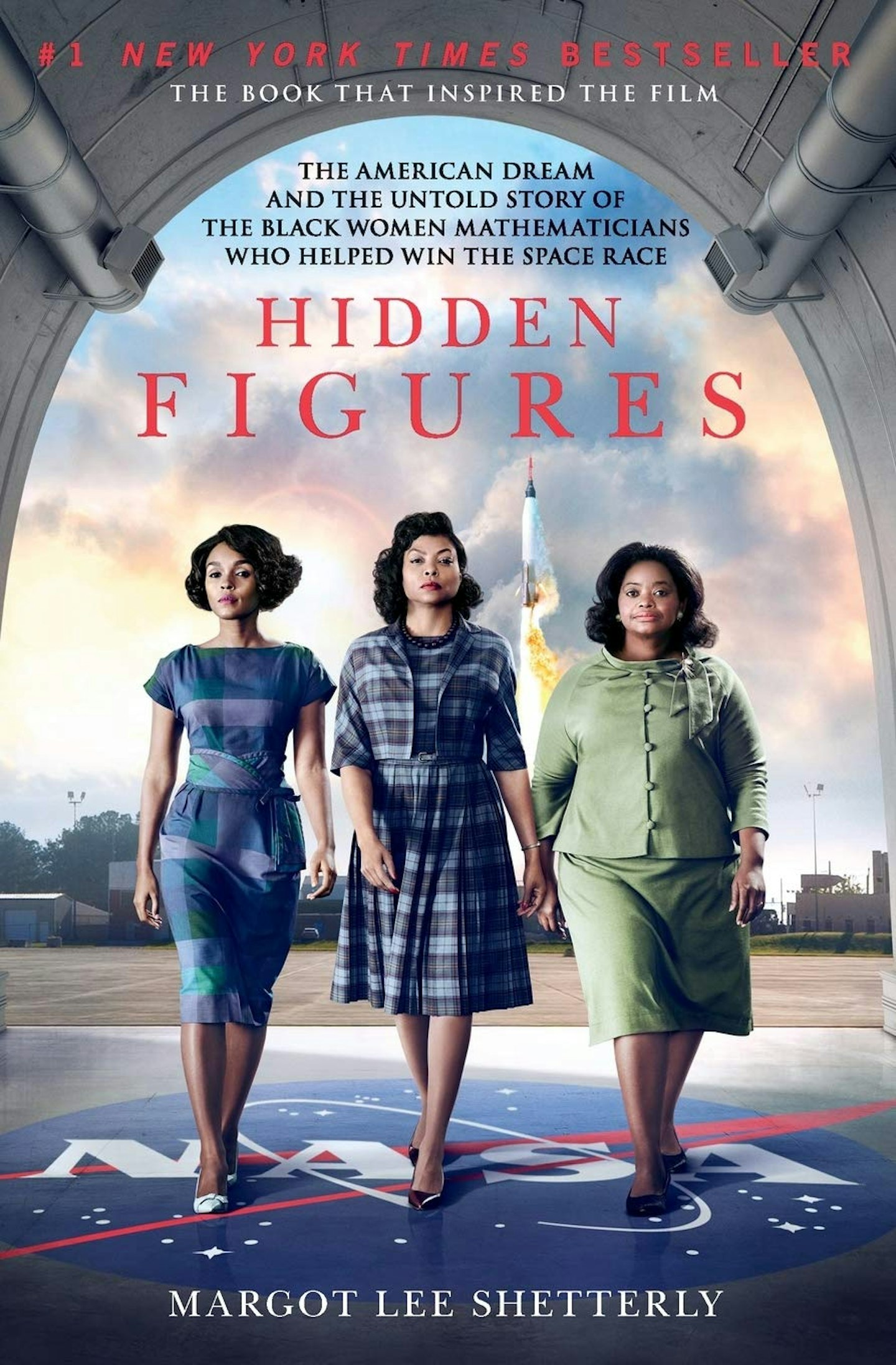 4 of 23
4 of 23Hidden Figures
The true story of three African-American women working at NASA as mathematicians, starring Taraji P. Henson as Katherine Johnson. Available to rent on Amazon Prime.
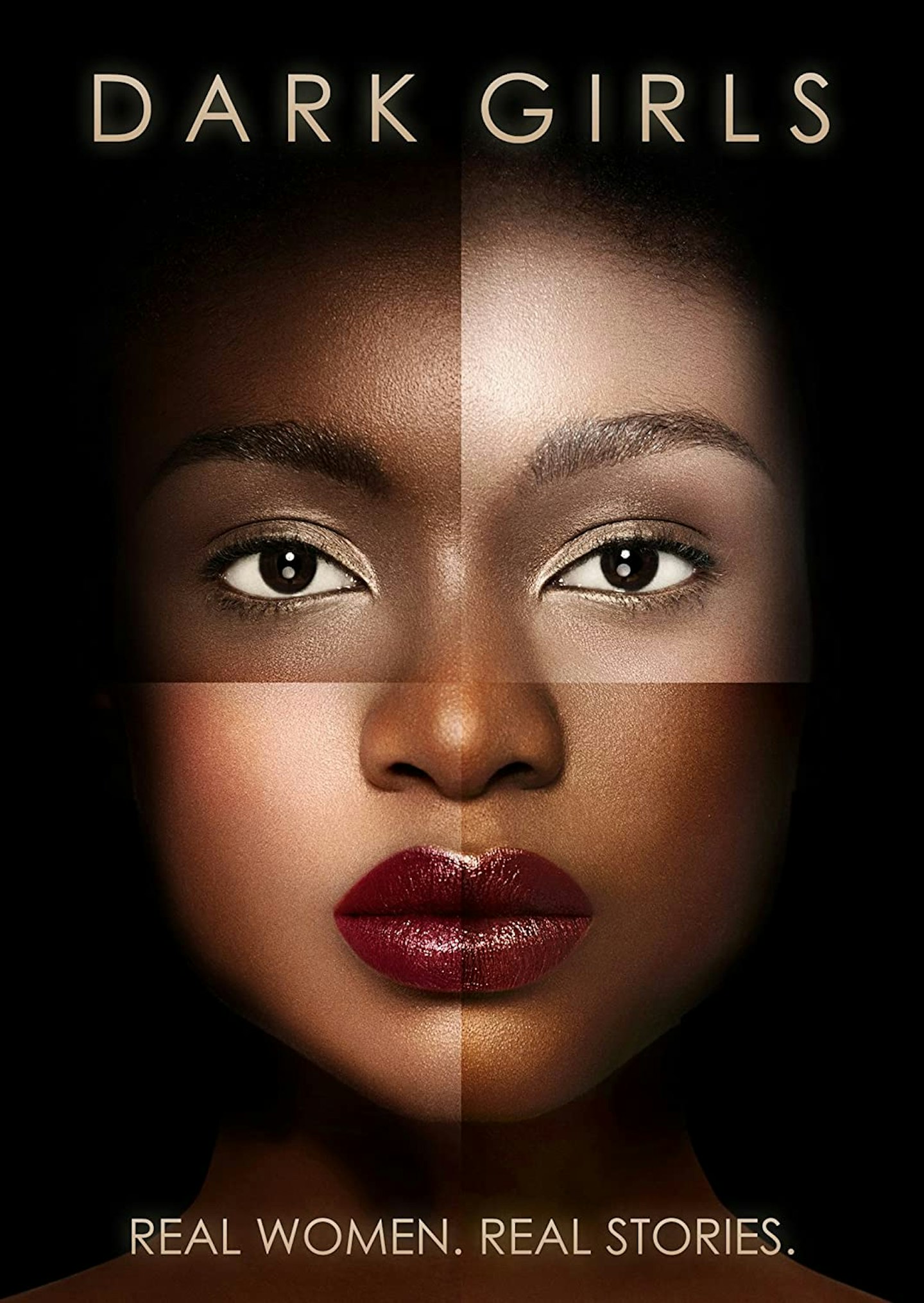 5 of 23
5 of 23Dark Girls
A documentary about the prejudices and cultural bias dark-skinned women face around the world. Available to rent on Amazon.
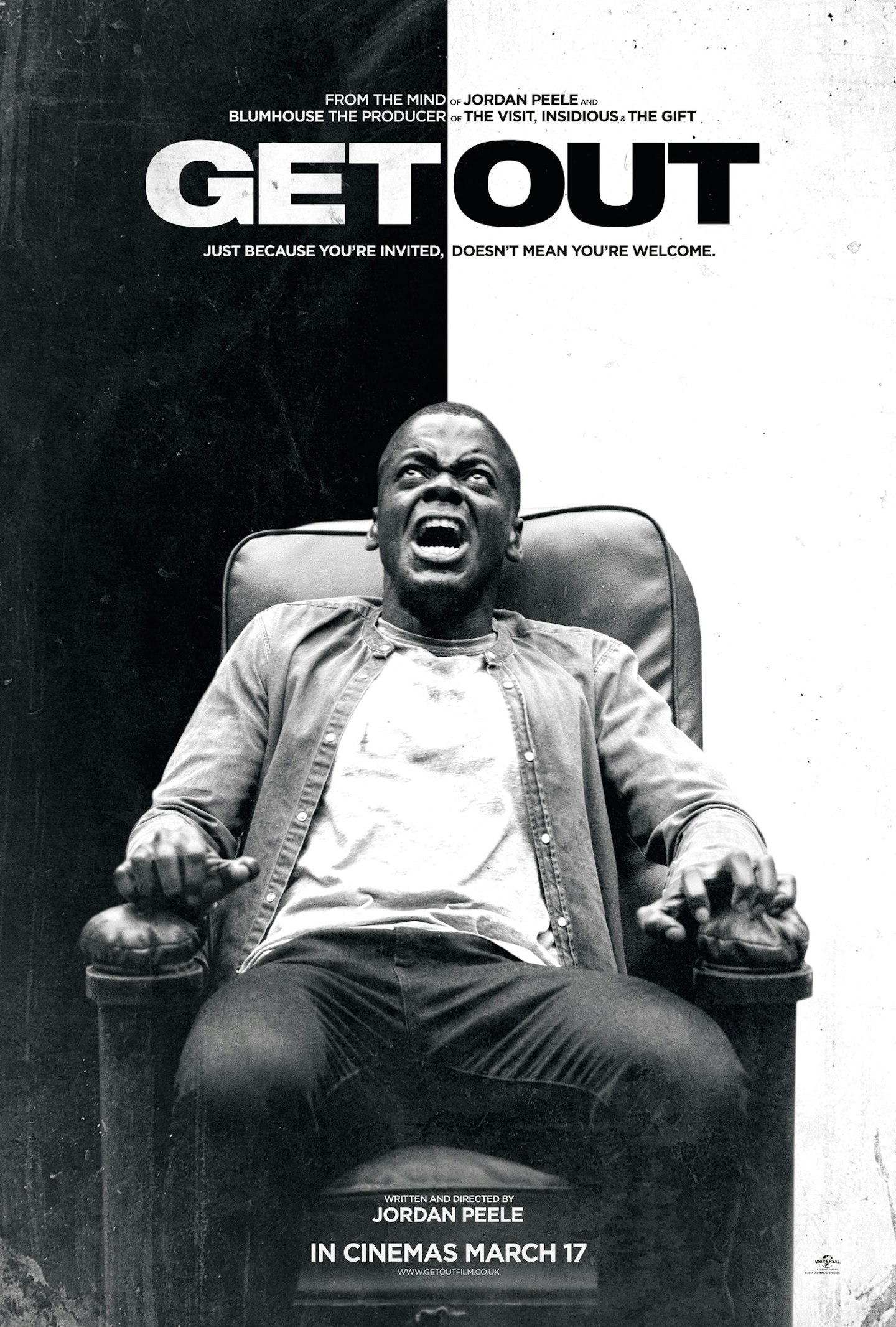 6 of 23
6 of 23Get Out
A horror film written and directed by Jordan Peele starring Daniel Kaluuya as a man who uncovers a disturbing secret when he meets the family of his white girlfriend. Available to rent on Amazon.
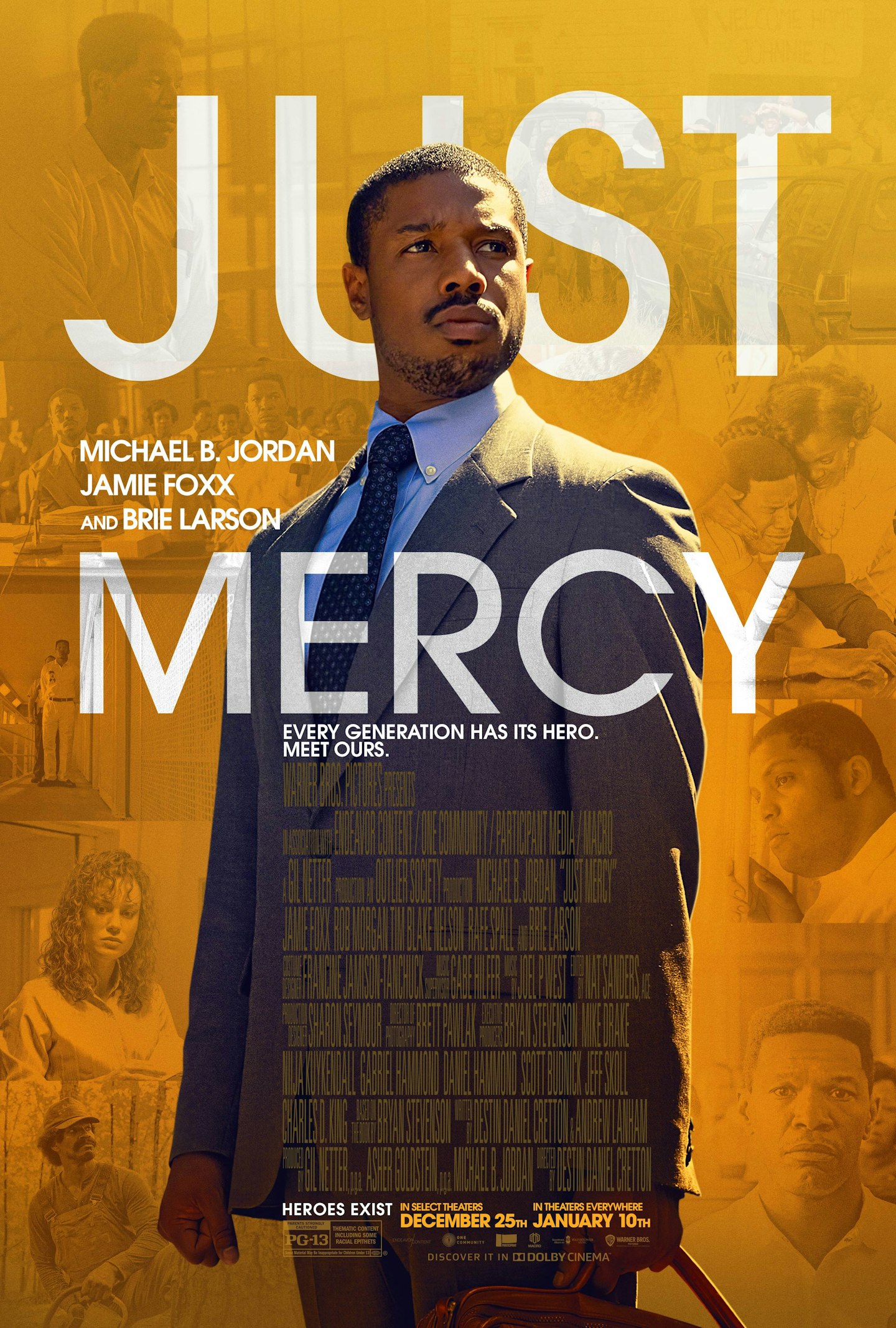 7 of 23
7 of 23Just Mercy
The true story of lawyer, Bryan Stevenson, battling to overturn the wrongful murder conviction of Walter McMillian. Available to rent on Amazon.
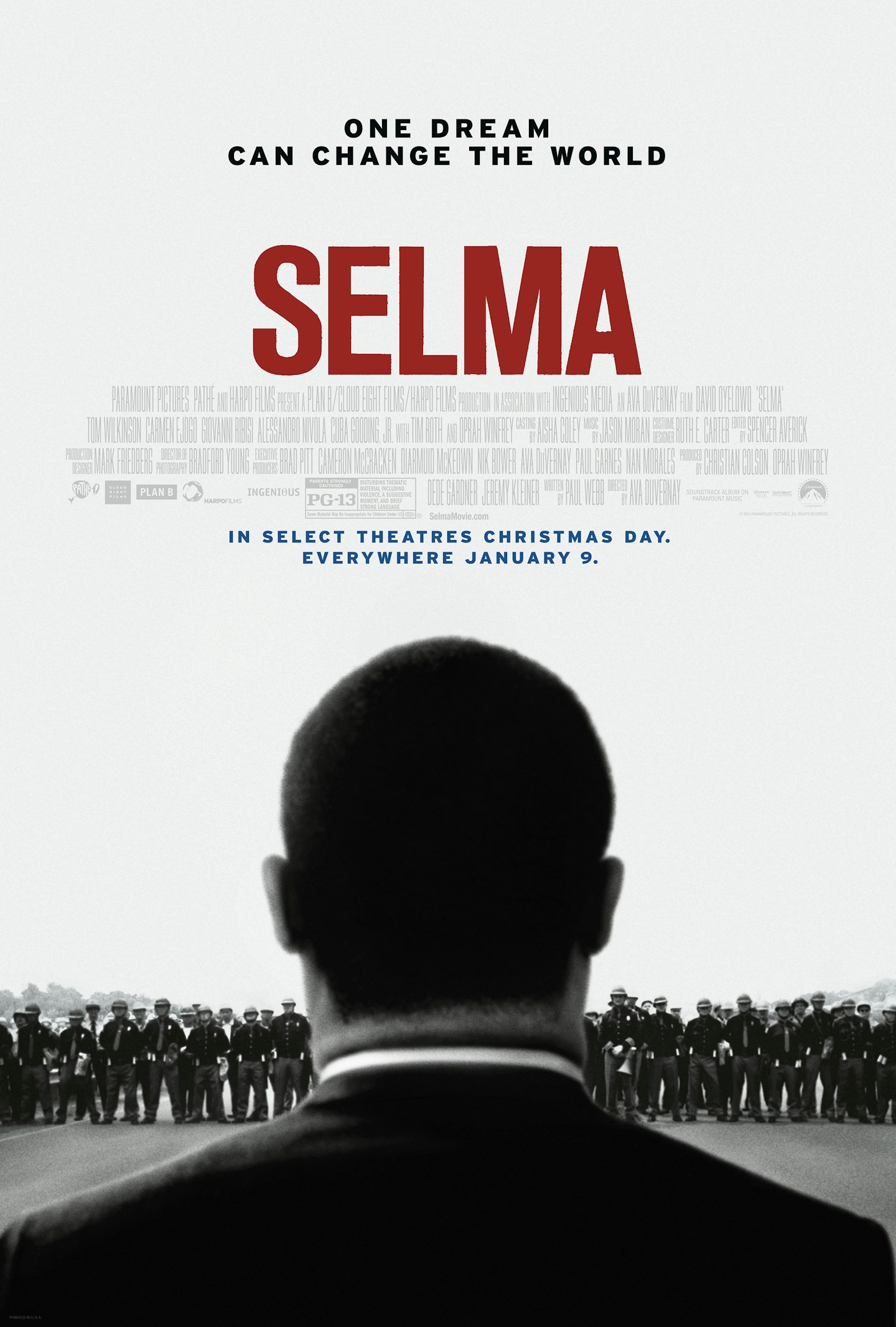 8 of 23
8 of 23Selma
This Ava DuVernay-directed film is based around Dr. Martin Luther King Jr. (David Oyelowo) and his followers' historic march from Selma to Montgomery. Available to rent on Amazon Prime.
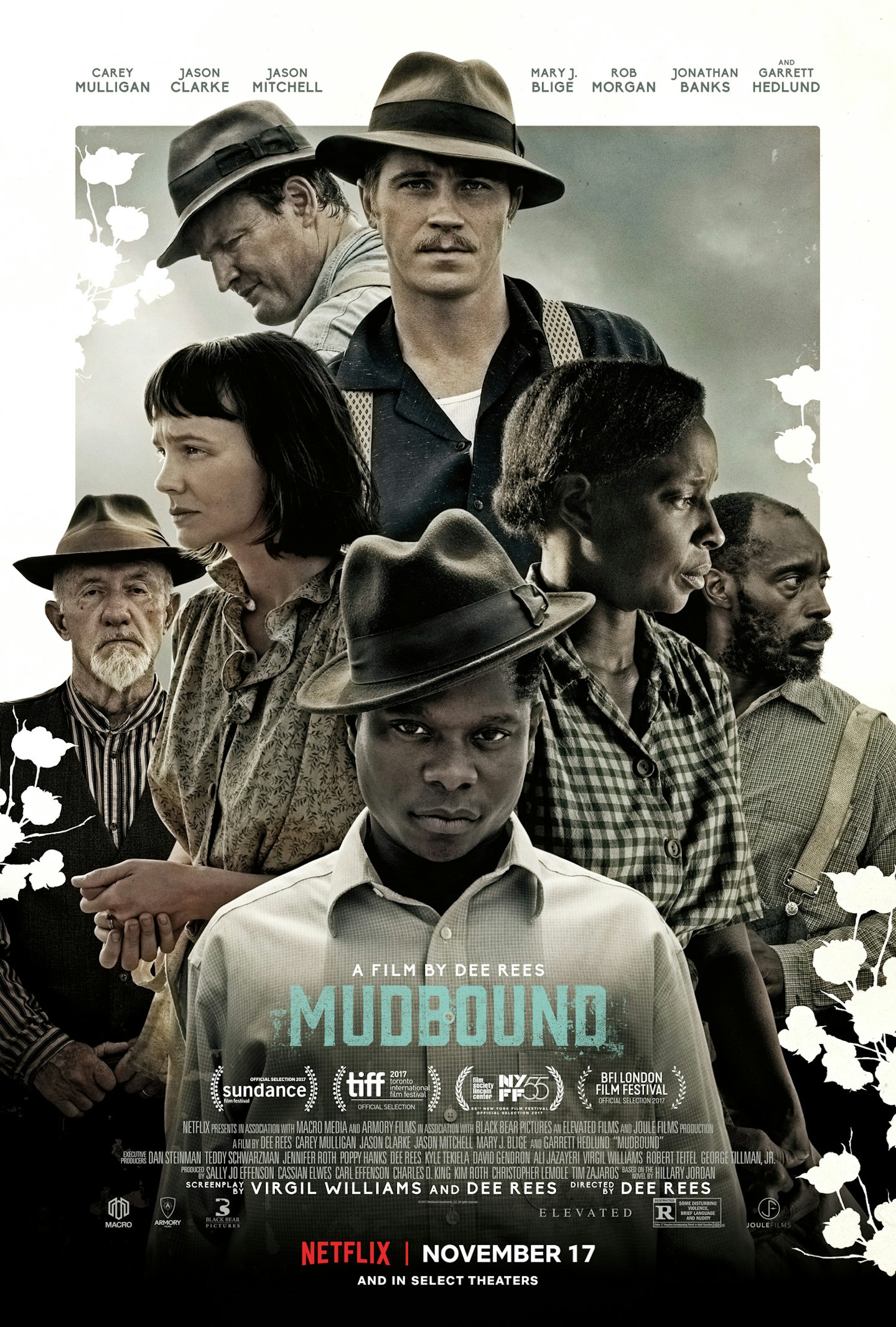 9 of 23
9 of 23Mudbound
Two Mississippi families – one Black, one white – confront the brutal realities of prejudice, farming and friendship in this Netflix series.
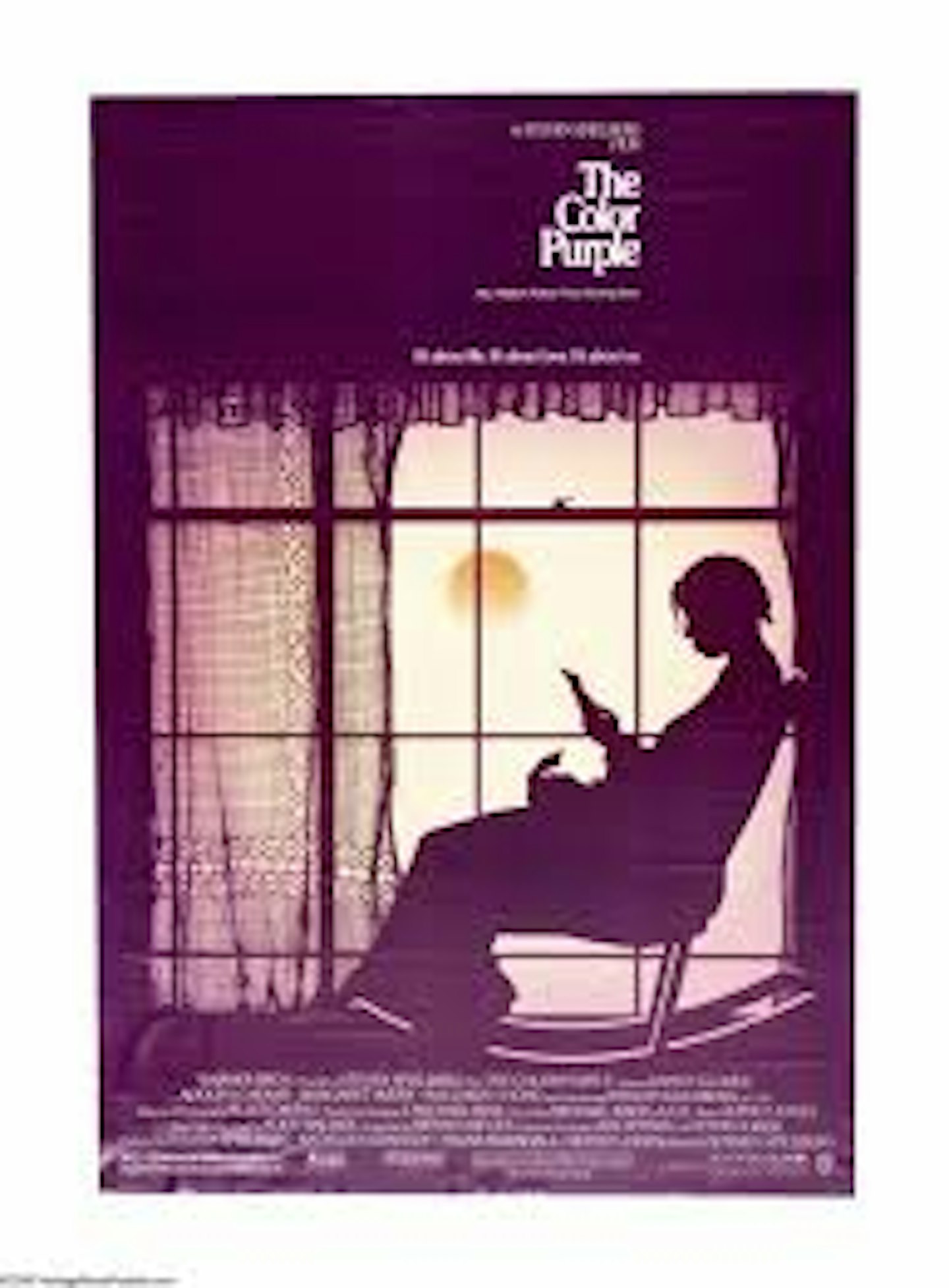 10 of 23
10 of 23The Color Purple
Based on the Pulitzer-winning book by Alice Walker, the film follows Celie, a black woman growing up in the early 1900s. Available to rent on Amazon.
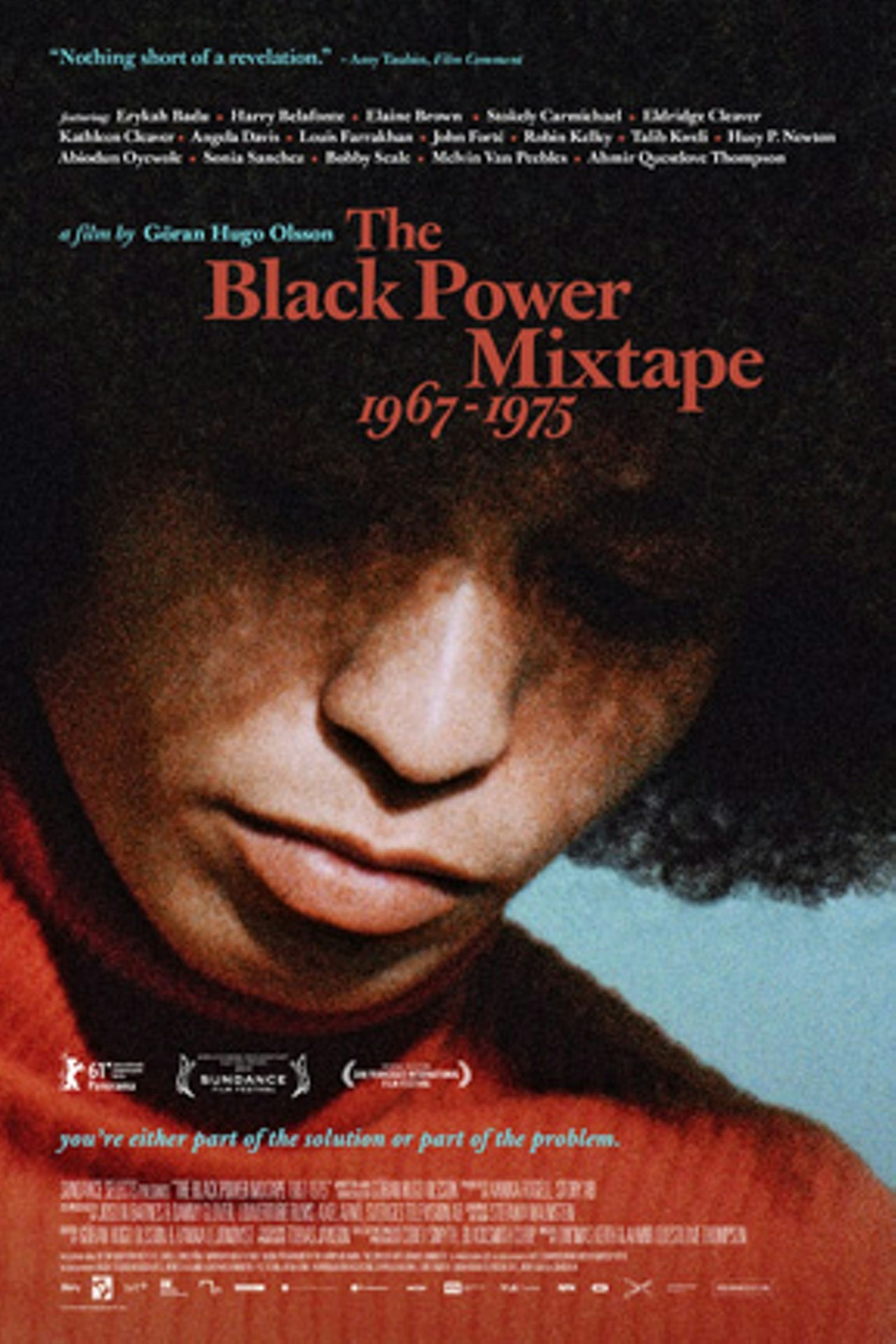 11 of 23
11 of 23The Black Power Mixtape 1967-1975
Many of the interviews that have been shared on social media this week feature in this film – a documentary about the Black Power movement through the eyes of Swedish journalists and filmmakers who'd travelled to report on it. You can buy the film on DVD.
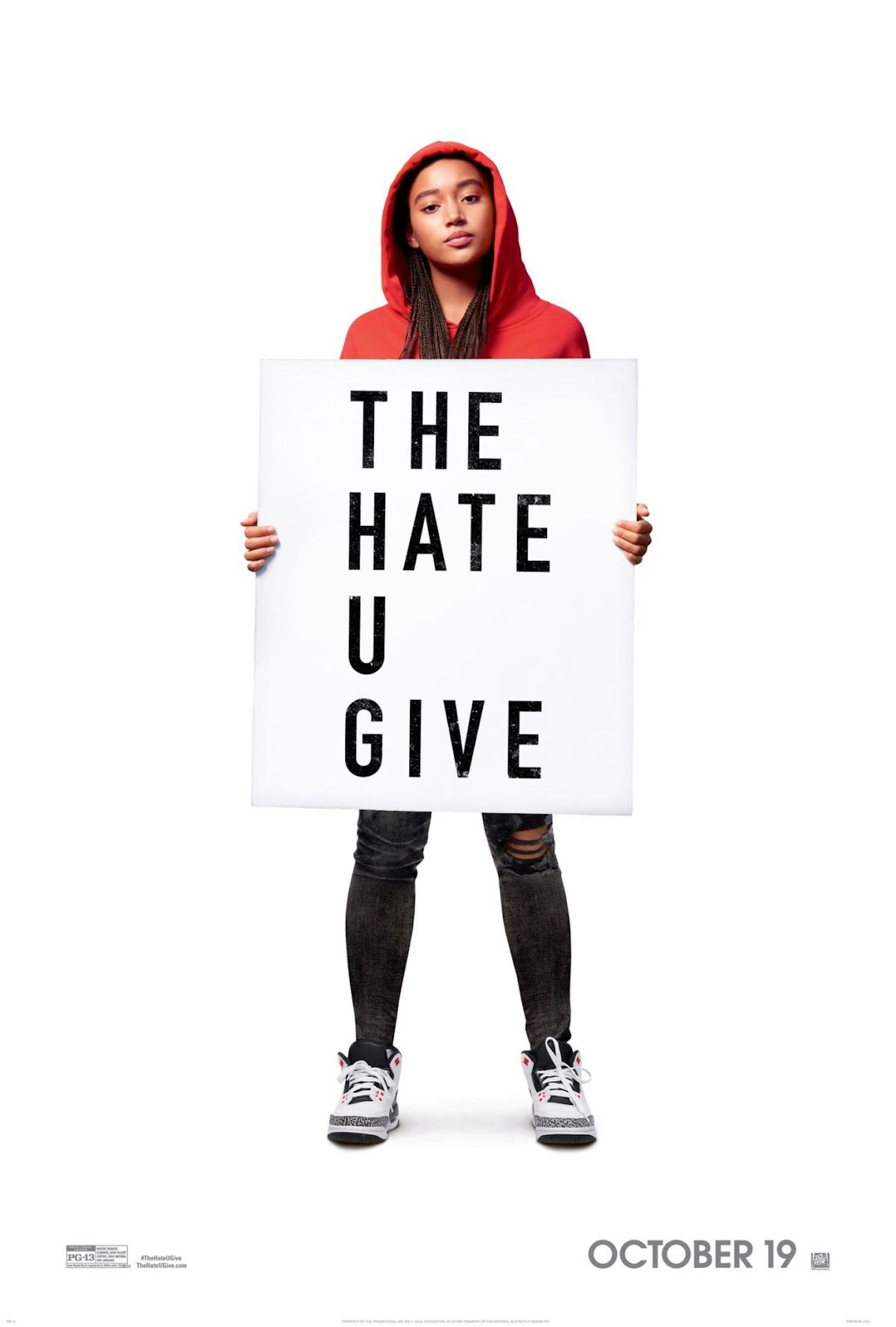 12 of 23
12 of 23The Hate U Give
This movie, based on the book of the same name by Angie Thomas, tells the story of Starr Carter, who witnesses the fatal shooting of her childhood best friend by police. Available to buy on Amazon.
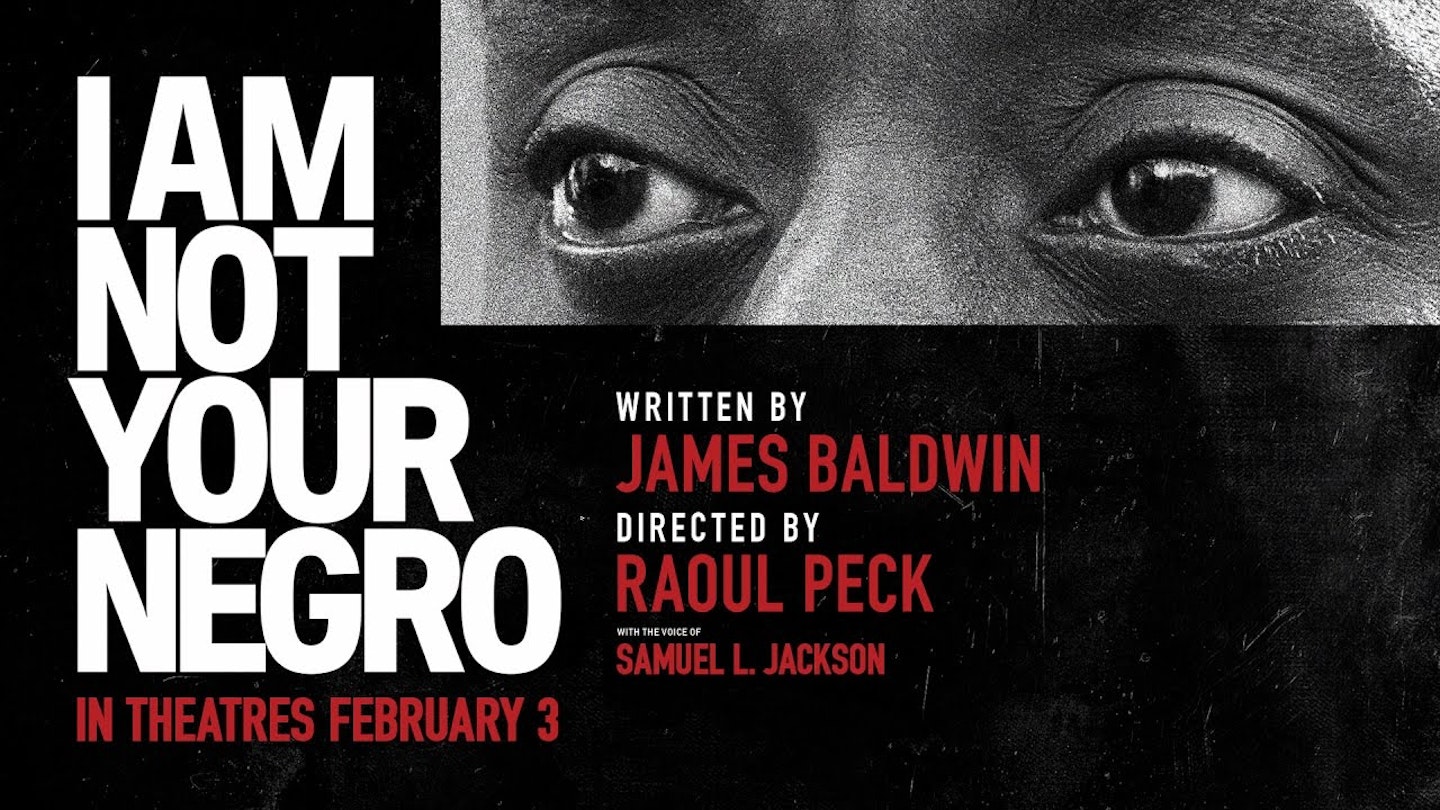 13 of 23
13 of 23I Am Not Your Negro
Told in the words of James Baldwin, through personal appearances and the text of his final unfinished book, I Am Not Your Negro touches on the lives and assassinations of Malcolm X, Martin Luther King Jr and Medgar Evans to discuss how the image and reality of Black people in America today is fabricated and enforced. Available on Amazon.
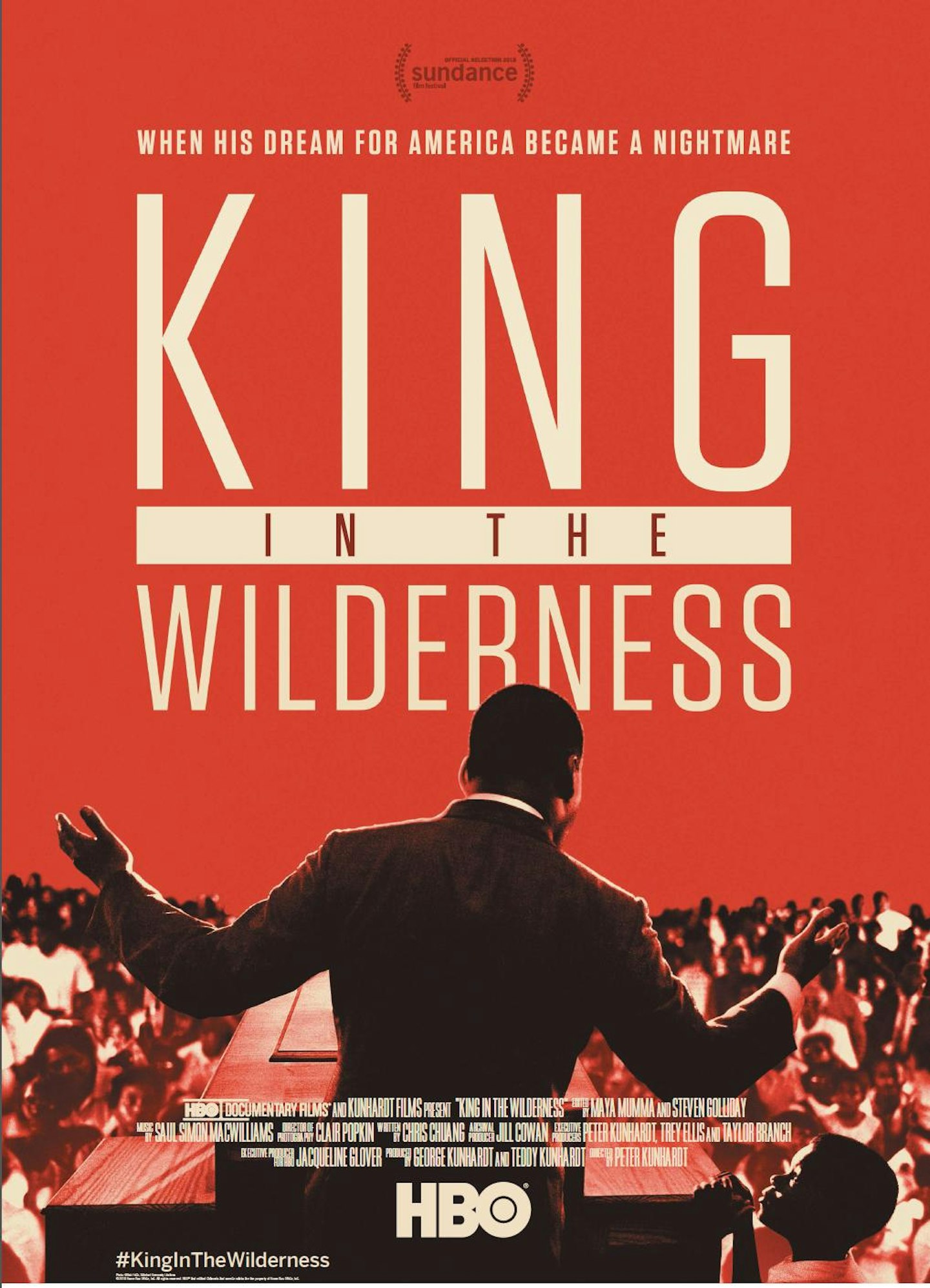 14 of 23
14 of 23King In The Wilderness
An HBO documentary chronicling the final 18 months of Martin Luther King Jr's life. Available to stream on Amazon.
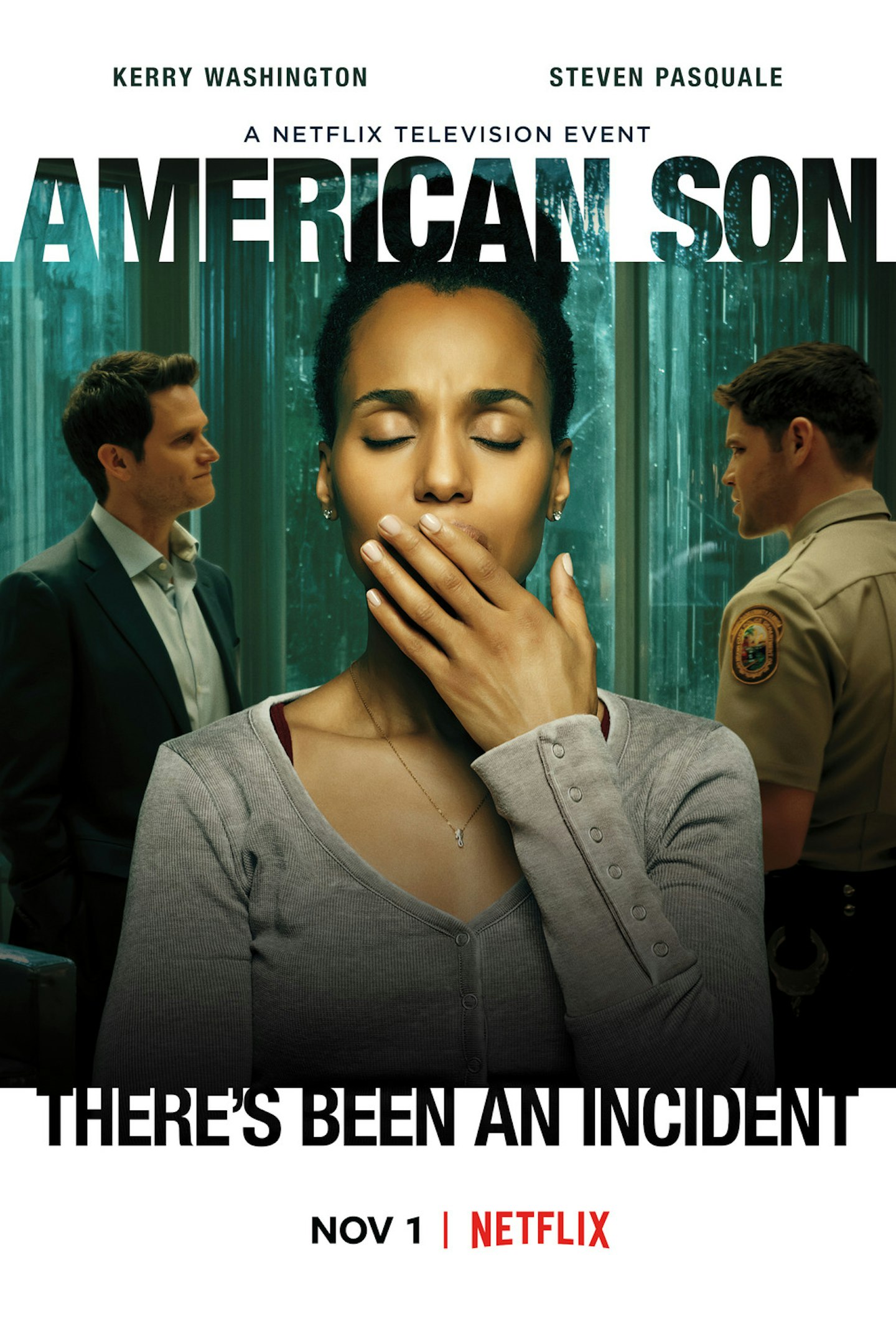 15 of 23
15 of 23American Son
Kerry Washington stars in this film about an estranged interracial couple awaiting news on their missing teenage son in a Florida police station. Available on Netflix.
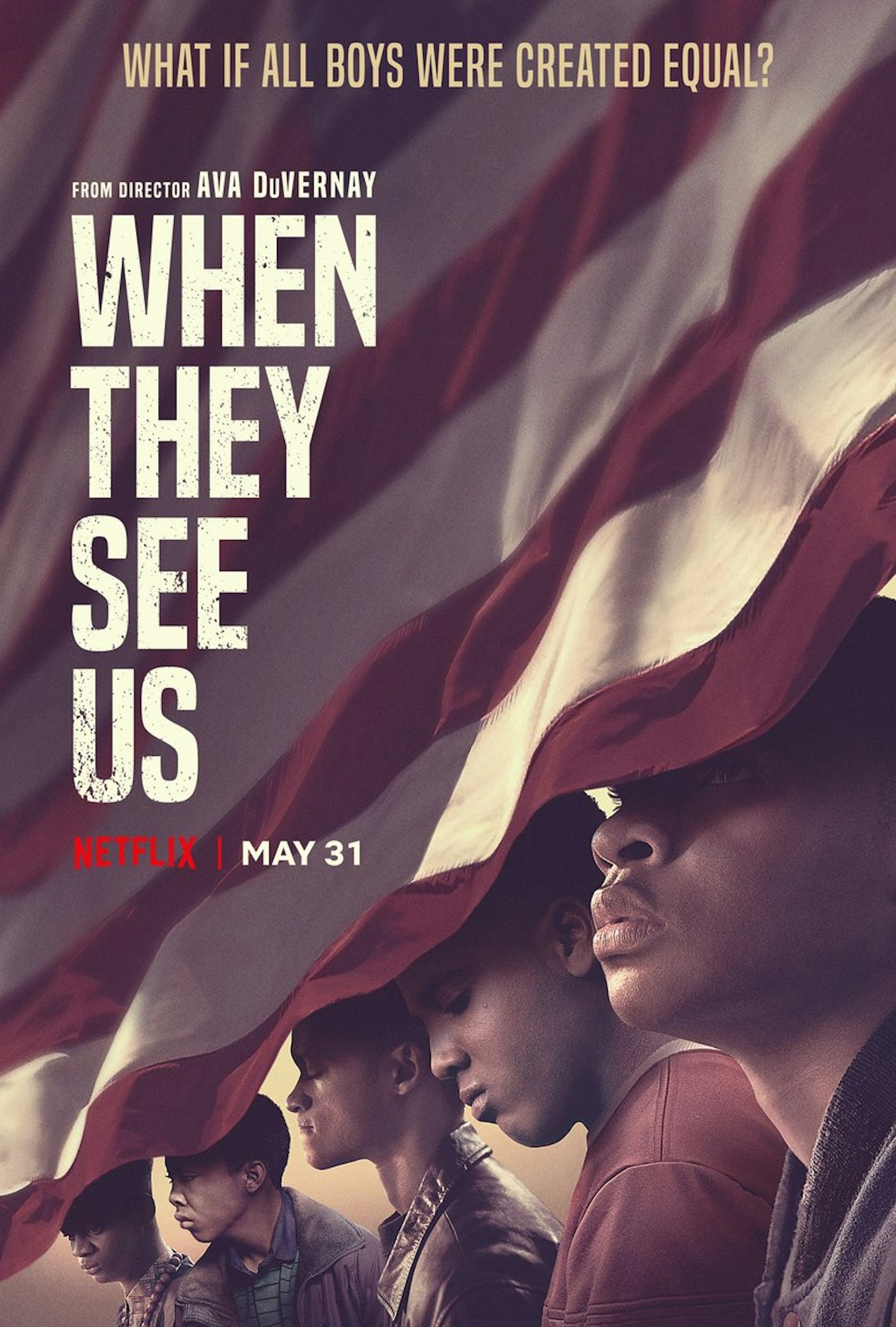 16 of 23
16 of 23When They See Us
A series created, co-written and directed by Ava DuVernay about the events of a 1989 rape case, and the Central Park 5, who were wrongly imprisoned for a violent rape and assault. The series is available on Netflix.
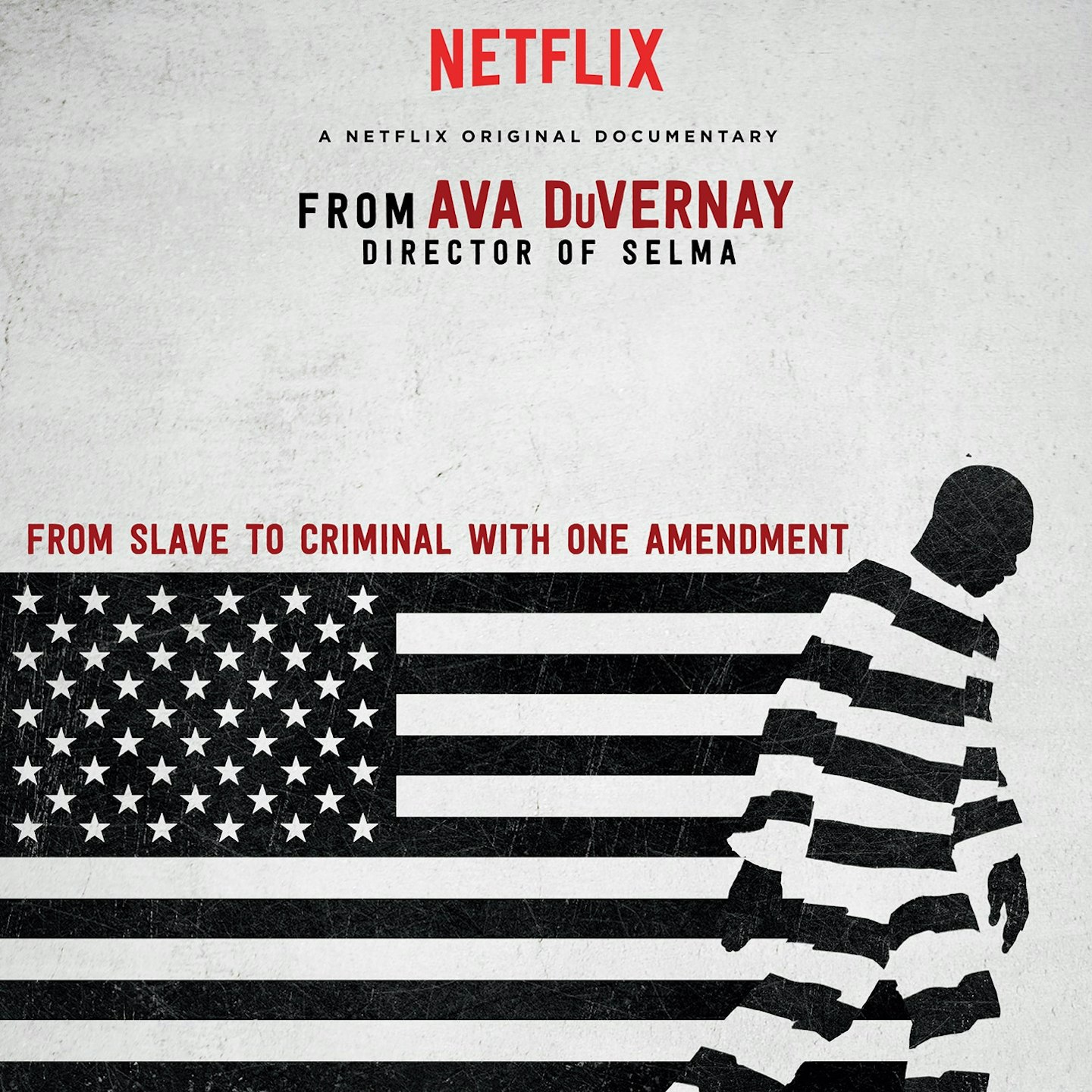 17 of 23
17 of 2313th
This documentary by Ava DuVernay includes scholars, activists and politicians, analysing the criminalisation of African-Americans and the US prison boom. Available on Netflix.
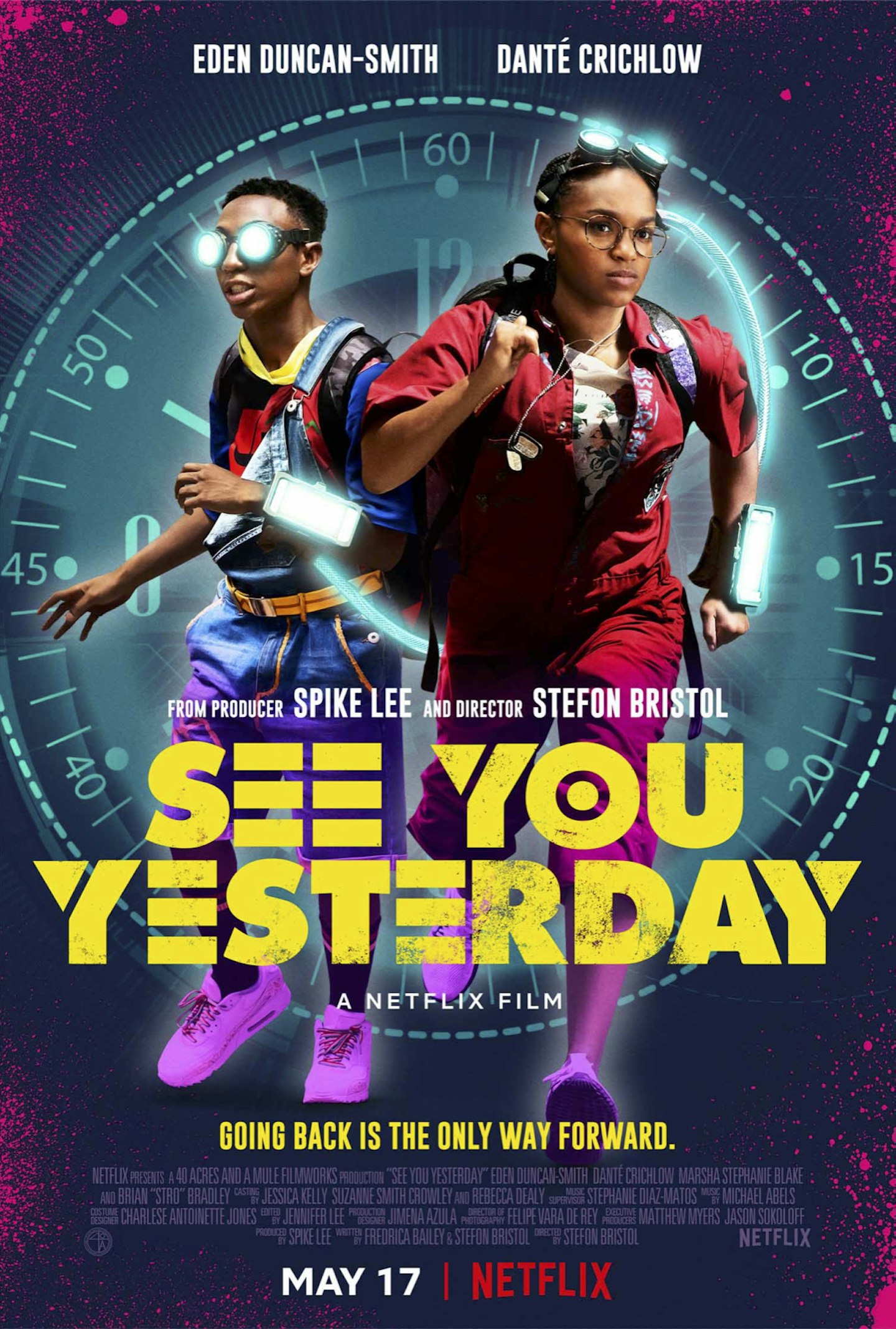 18 of 23
18 of 23See You Yesterday
This sci-fi film sees two teen prodigies trying to master time travel, as a tragic police shooting sends them on a series of dangerous trips to the past. Available on Netflix.
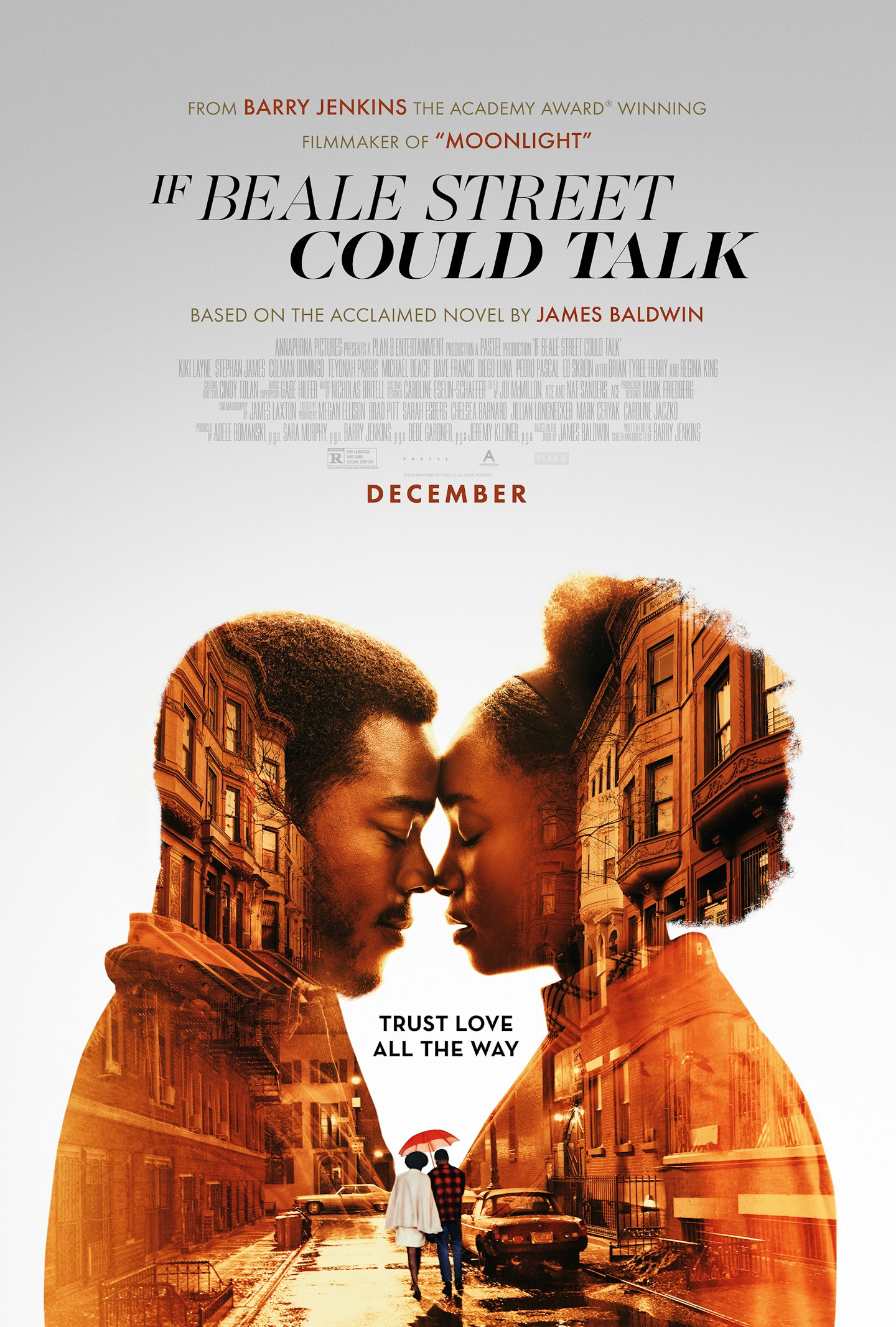 19 of 23
19 of 23If Beale Street Could Talk
Barry Jenkins wrote and directed this film, based on James Baldwin's 1974 novel about a Harlem couple torn apart by a wrongful arrest. Available to watch on Amazon Prime.
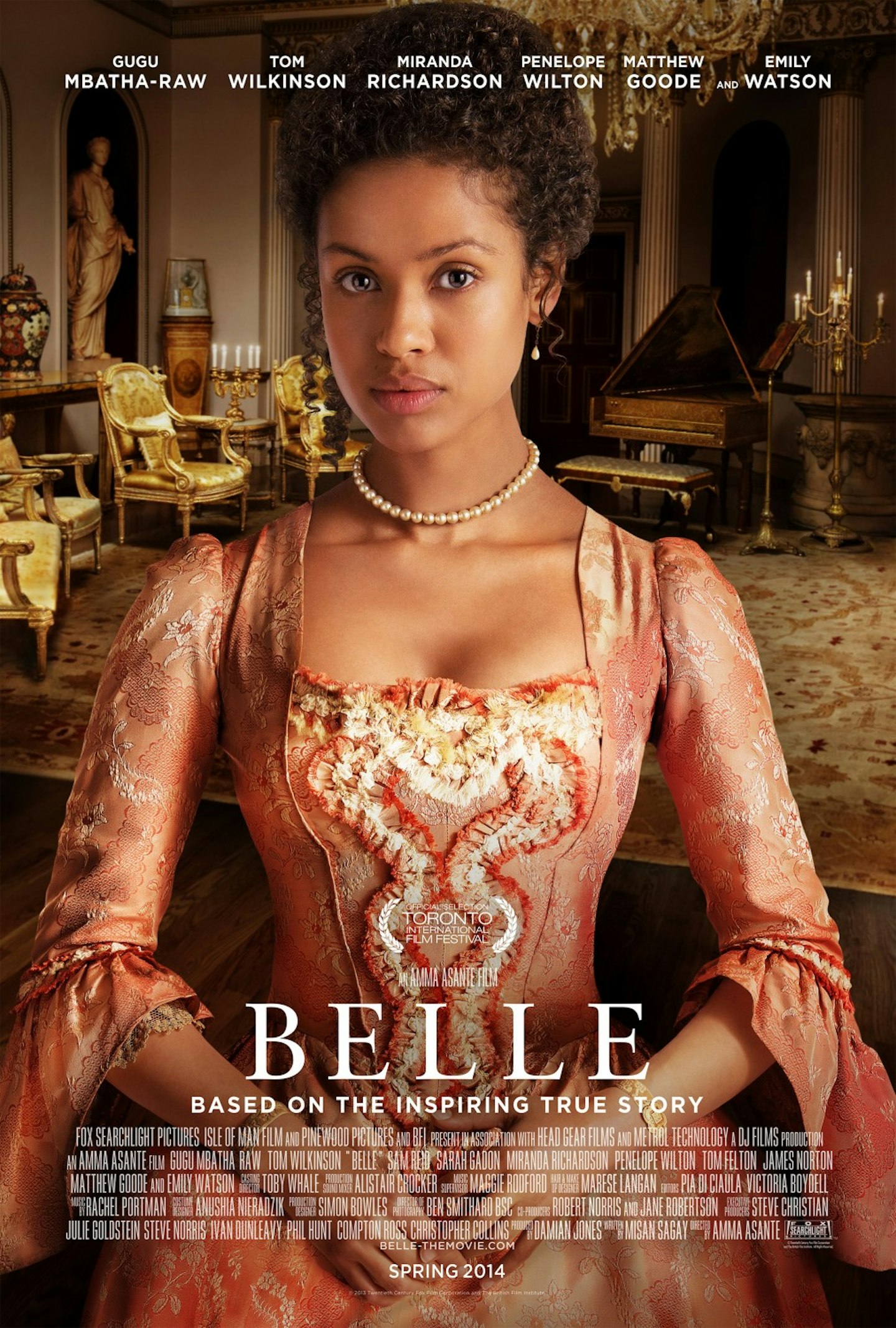 20 of 23
20 of 23Belle
Amma Asante's film is inspired by the 1779 painting of Dido Elizabeth Belle – the illegitimate mixed-race child of Sir John Lindsay – alongside her cousin, Lady Elizabeth Murray, which hangs in Kenwood House, London. The fictional story centres on Dido's relationships within her family and wider society, amidst the reactions to the Zong massacre, where slaves were thrown overboard from a slave ship and the owner filed for the losses with his insurance company. You can hire Belle on Amazon Prime.
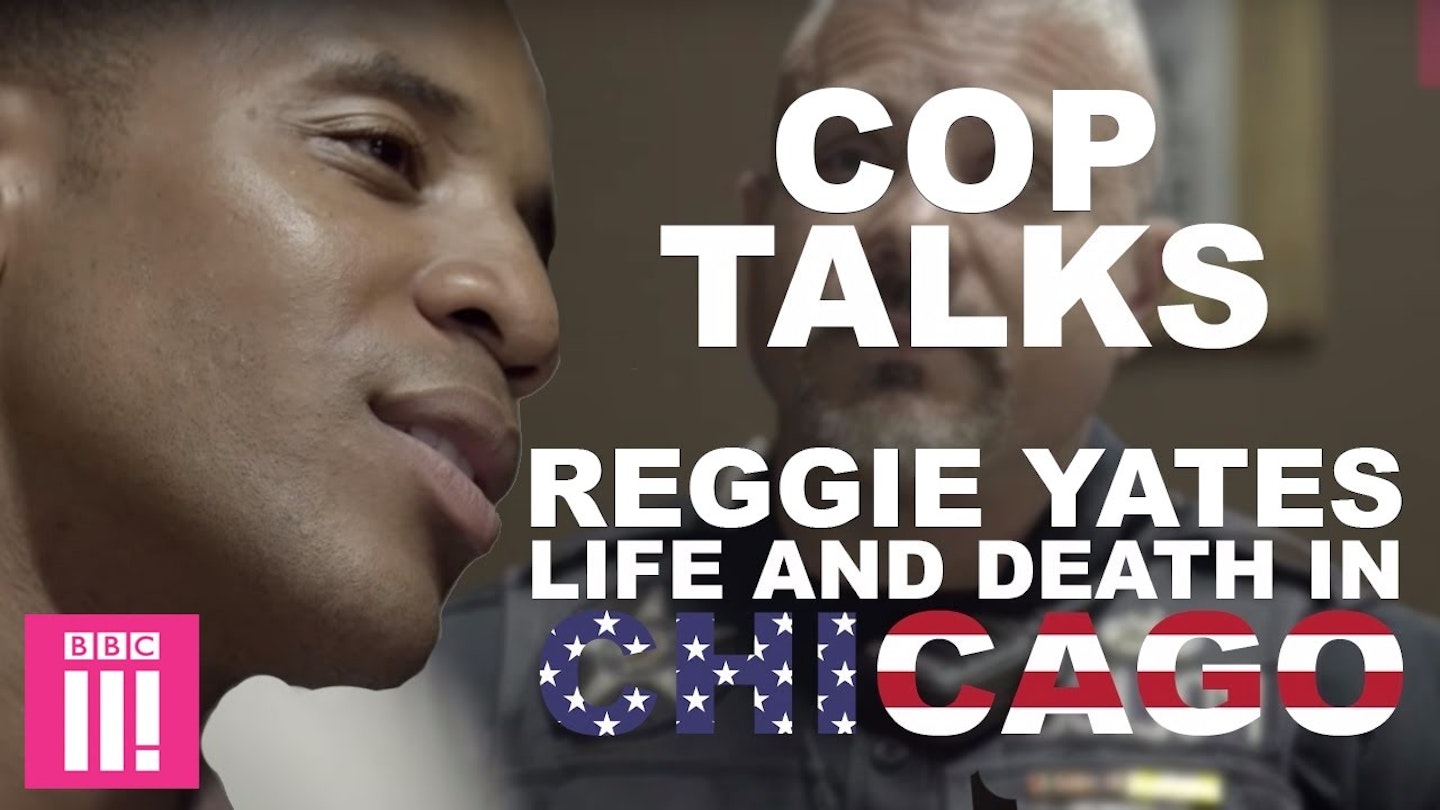 21 of 23
21 of 23Reggie Yates: Life and Death in Chicago
Many of Reggie Yates' ongoing documentaries and Extreme series for BBC Three are important watches. This documentary, which saw him travel to Chicago to examine gun crime in 2016, is available on iPlayer now.
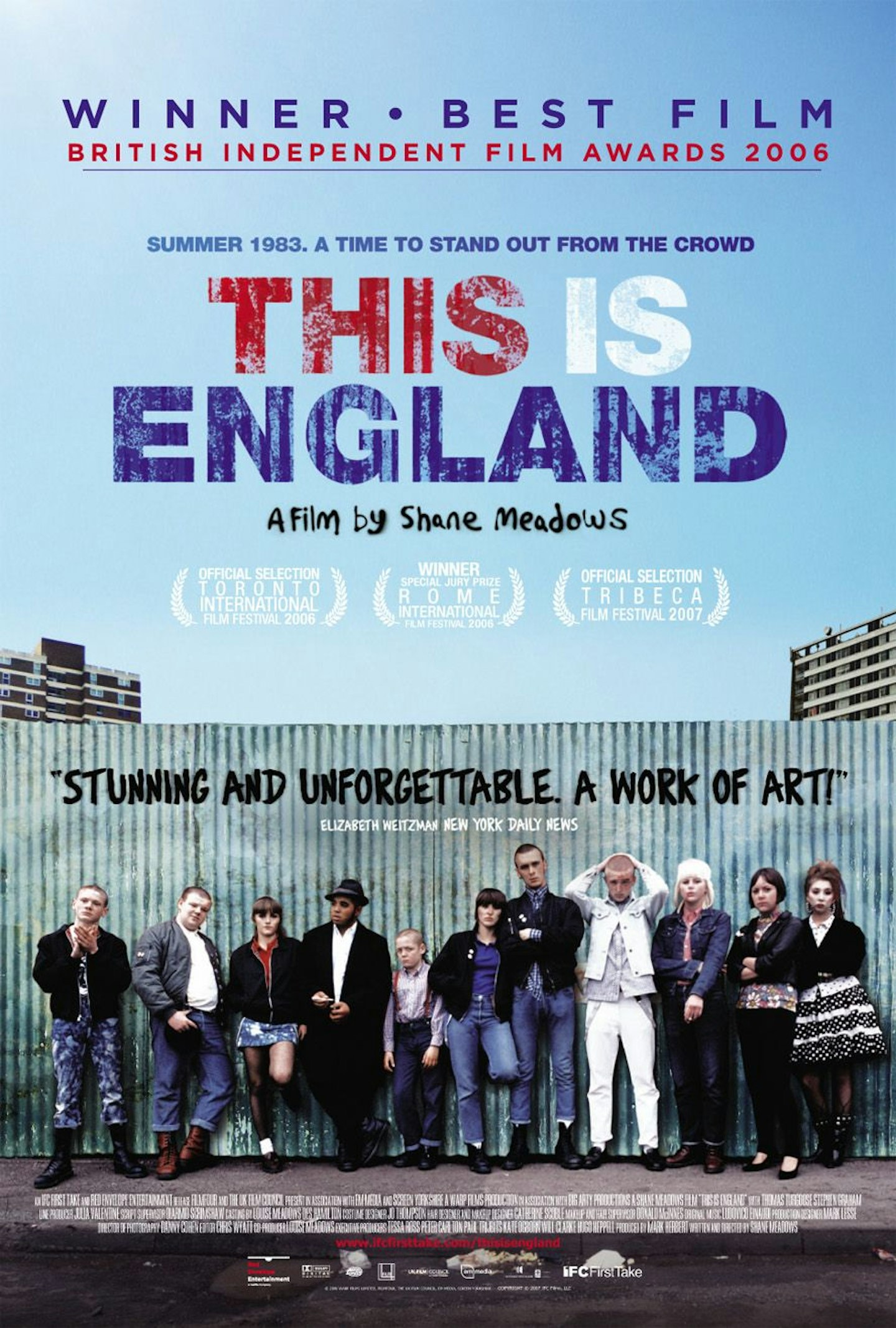 22 of 23
22 of 23This Is England
The Shane Meadows film that spawned the Channel 4 series shows the development of skinhead culture in the 1980s in the UK and how it became hijacked by racist voices. The film is available on Amazon Prime.
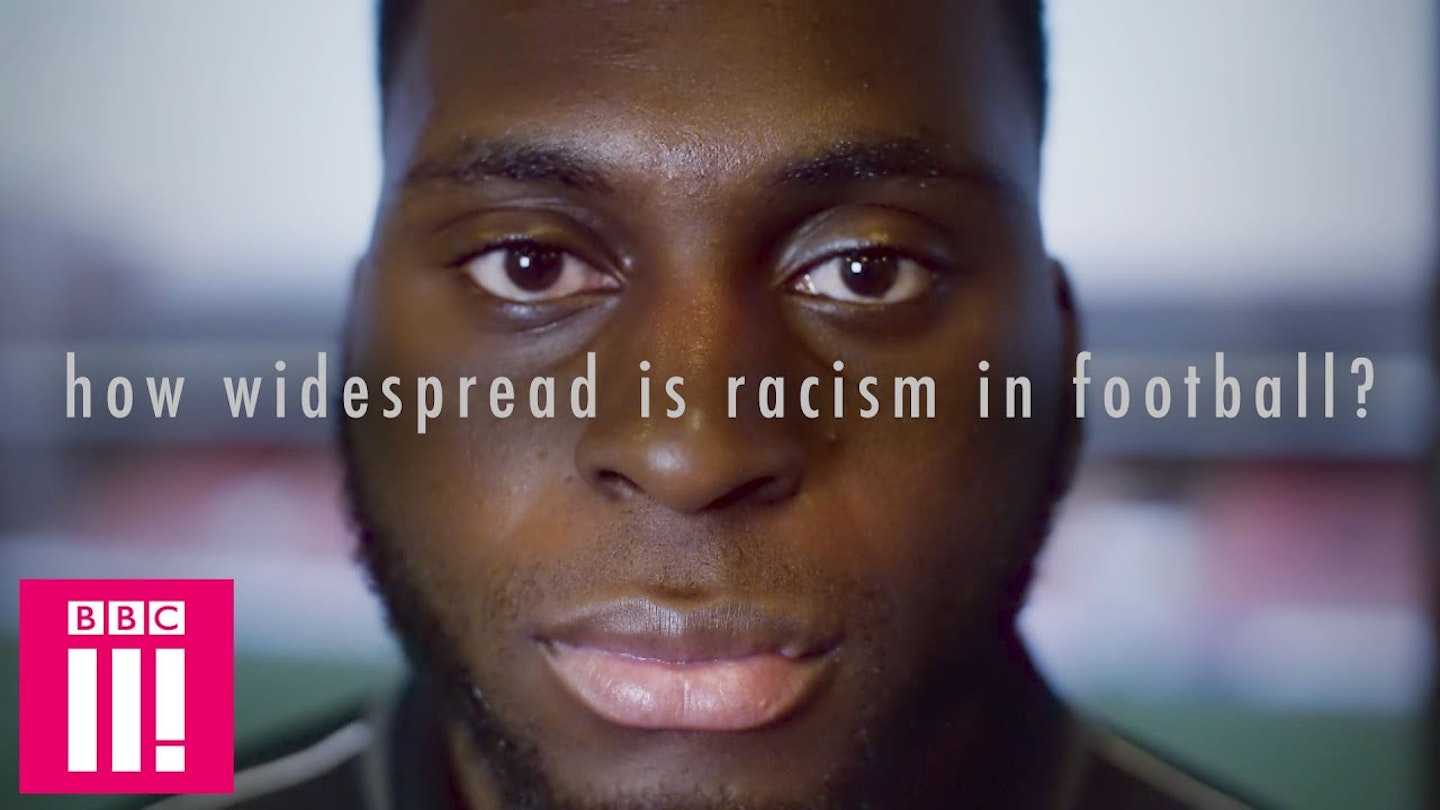 23 of 23
23 of 23Shame In The Game: Racism In Football
This BBC Three documentary, still available on iPlayer, examines the devastating impact of football racism in the UK, as incidents soar and players at every level of the game call for drastic action.
